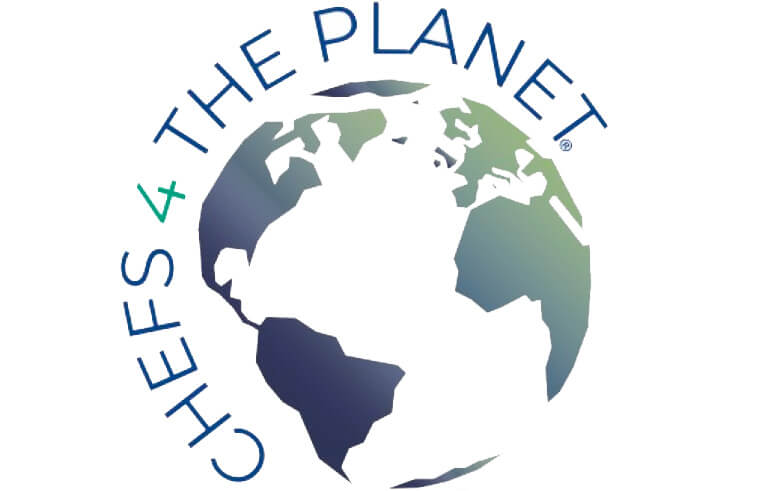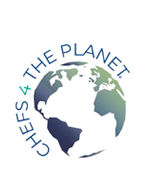By Lin Li, Director of Global Advocacy and Policy at WWF-International, and Gavin Edwards Global Coordinator, New Deal for Nature and People.
September saw world leaders meet virtually for the UN General Assembly. It was a historic moment for nature — with biodiversity loss finally receiving the attention it deserves via a special summit featuring statements from leaders from 124 countries, including 65 Heads of State and Government; and more than 70 countries endorsing a Leader’s Pledge for Nature in the lead-in, committing to reversing biodiversity loss by 2030.
This momentum for nature comes not just in the context of a global pandemic that has forced us to re-examine our relationship with the natural world, but in response to a series of damning reports that have outlined the extent of our nature crisis, and its impacts on our health, well-being and livelihoods. Voices from across society are calling for urgent action, to safeguard people and the planet.
It is crucial that we now work together to ensure this unique movement translates into ambitious action to address the interdependent crises of nature loss, climate change and health. With the Conferences of Parties of the Convention on Biological Diversity (CBD), the UN Framework Convention on Climate Change (UNFCCC) and UN Convention to Combat Desertification (UNCCD) and a Food Systems Summit all taking place in 2021, and with more and more leaders calling for nature loss to be reversed, then an ambitious and integrated set of transformative targets to set nature well on the path to recovery by 2030 is urgently needed, in support of climate action and the Sustainable Development Goals. In doing so nature can become an essential component of the economic recovery from the impacts of the current pandemic — a green and just recovery.
A key driver of nature loss is humanity’s footprint of production and consumption, i.e. the impact of our production, consumption and related socioeconomic activities on nature and nature’s ability to sustain us. Concepts such as Planetary Boundaries, Ecological Footprint and Material Footprint all indicate that we have already significantly surpassed the carrying capacity of our planet’s natural systems and are cutting away at their ability to provide essential services that support both our health and well-being and the global economy.
Halting and reversing nature loss, while meeting other global societal goals and promoting equity, is possible through transformative change, including a major and urgent shift in how we produce and consume.
Read the rest here: https://medium.com/@WWF/halving-the-footprint-of-production-and-consumption-is-critical-to-protecting-nature-and-ourselves-cc6d7754ff02


